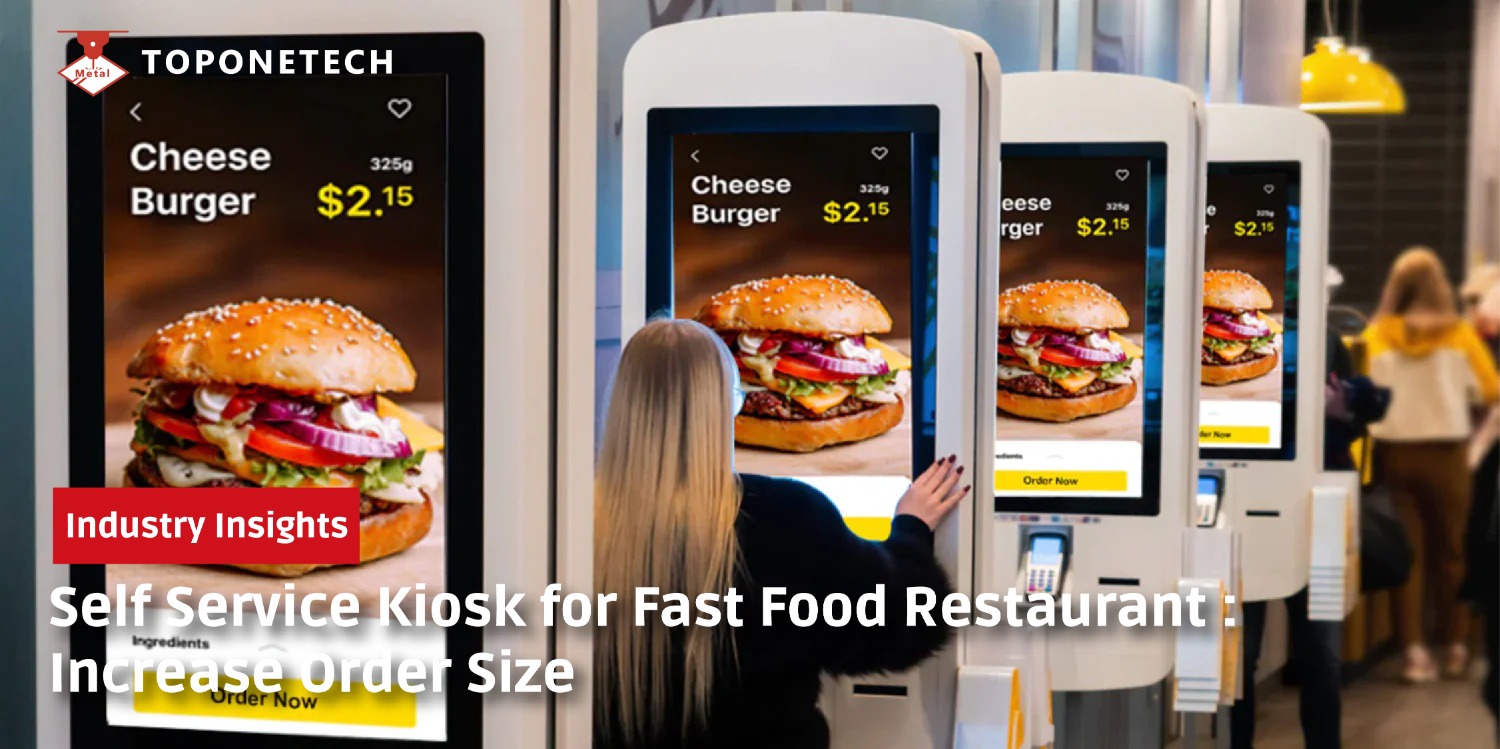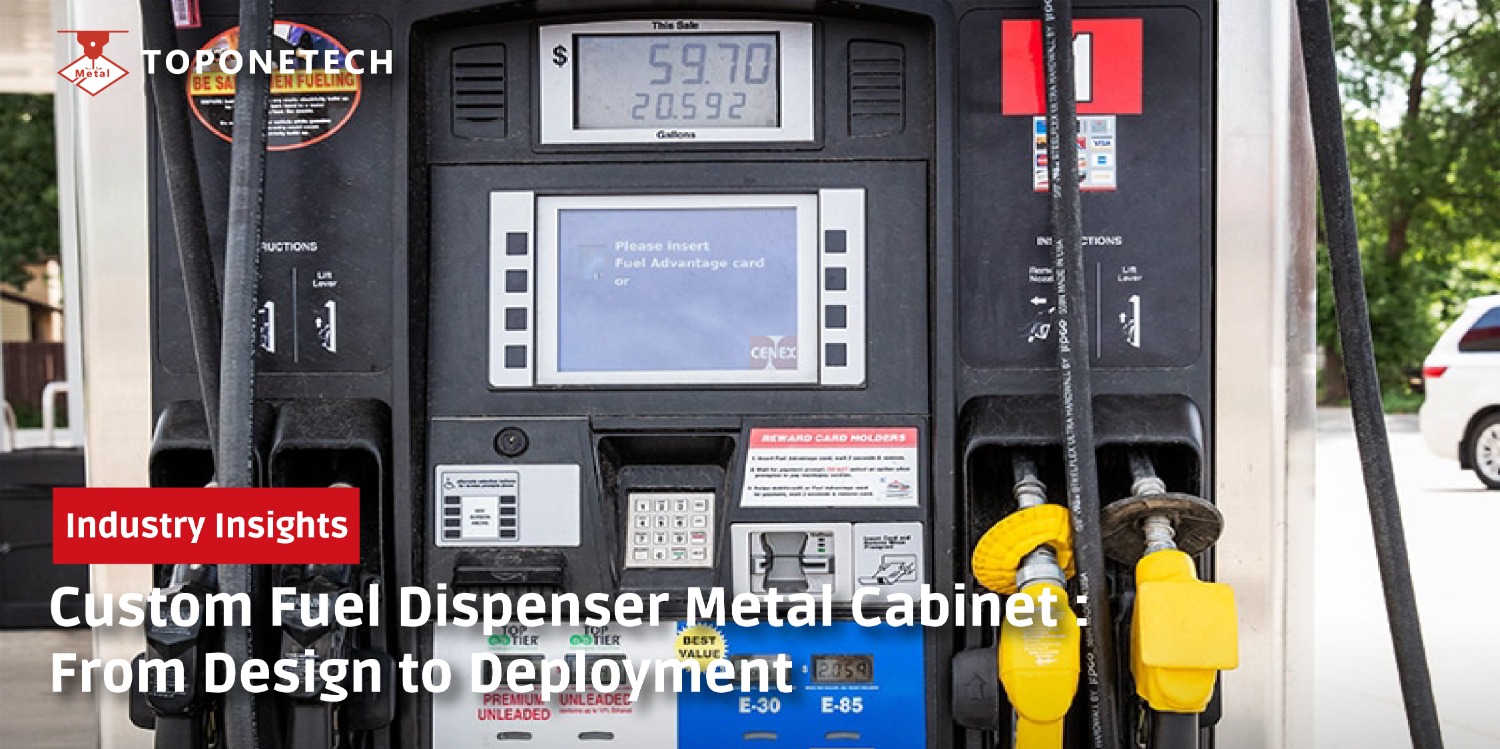
In today’s industrial world, operational uptime and equipment safety are essential for productivity and profitability. Industrial environments often present challenging conditions—heat, dust, moisture, vibrations, and even corrosive substances. In such demanding scenarios, equipment failures can be costly and dangerous. That’s why using a metal cabinet for industrial equipment isn’t optional—it’s a vital part of your infrastructure. These cabinets protect internal components from physical damage, environmental hazards, and unauthorized access, helping maintain operational efficiency and ensuring safety compliance. Their application spans countless industries, and their design has evolved to meet specific technical and environmental challenges.
Why Metal Cabinets Matter in Industrial Settings
1. Unparalleled Durability and Strength
Metal cabinets are built to last. In high-traffic or mechanically active environments, the strength of metal offers a huge advantage over materials like plastic or wood. Cold-rolled steel provides a great balance of affordability and structural integrity. For areas exposed to corrosion, stainless steel is preferred due to its rust-resistant properties. Aluminum offers a lightweight option without compromising strength. These materials can withstand high impacts, drops, and the mechanical stress associated with industrial machines. Unlike flimsier alternatives, metal cabinets remain intact and functional even under extreme pressure, making them the gold standard in heavy-duty industrial protection.
2. Protection from Environmental Hazards
In facilities such as factories, processing plants, or outdoor installations, equipment is constantly exposed to contaminants like oil, dust, water, and chemicals. A metal cabinet with a proper IP (Ingress Protection) rating acts as a shield. An IP65 or IP66 rating, for example, ensures that the enclosure is fully dust-tight and can resist powerful water jets. These protection levels are essential in areas where cleanliness and equipment integrity are non-negotiable. Some environments, such as those with flammable gases or dust, may also require explosion-proof enclosures, which only metal can reliably support.
Types of Metal Cabinets for Industrial Use
Wall-Mounted Enclosures
Wall-mounted metal cabinets are designed for compact installations where floor space is limited. These enclosures are commonly used for housing control panels, network switches, and circuit breakers. Their elevated position protects them from spills, flooding, and accidental bumps by machinery. Often used in indoor settings like electrical rooms and server closets, wall-mounted cabinets can also feature swing-out panels for easier access during maintenance.
Floor-Standing Cabinets
For larger and heavier equipment, floor-standing cabinets are the preferred choice. These units offer ample internal space to house complex control systems, server stacks, distribution boards, and even HVAC control systems. Because they’re freestanding, they can be strategically placed anywhere on the facility floor, including production lines. Heavy-duty models often come with reinforced frames and leveling feet to ensure stability on uneven surfaces.
Modular Cabinets
Modular cabinets provide adaptability for rapidly evolving operations. They consist of interchangeable parts—shelves, rails, side panels—that can be configured according to specific project needs. This modularity is particularly valuable for R&D labs, automation testing stations, and custom electrical setups. As equipment grows or changes, users can add or remove components without replacing the entire enclosure, offering both cost and operational flexibility.
Outdoor Rated Enclosures
Outdoor environments pose unique risks including rain, snow, wind, UV exposure, and vandalism. Outdoor-rated cabinets are typically constructed from stainless steel or powder-coated galvanized steel to prevent rust and deterioration. Their gaskets and door seals are engineered to resist water penetration, while their locking systems are tamper-proof. These cabinets are commonly used in telecom, utility infrastructure, and renewable energy installations like solar farms and wind turbines.
Key Features to Look For in an Industrial Metal Cabinet
Material Quality
The first feature to assess is the cabinet’s material. Cold-rolled steel offers excellent mechanical properties and is widely used for its cost-efficiency. Stainless steel, especially grades like 304 or 316, resists corrosion and is preferred in food, pharmaceutical, or chemical environments. Aluminum, being lightweight and corrosion-resistant, is perfect for applications that require frequent repositioning or transport.
Sealing and Gasketing
Proper sealing is critical for keeping contaminants out. Look for high-performance EPDM, neoprene, or silicone gaskets that run along the door frame. These materials ensure a tight seal, especially when compressed by a latched or screwed door. A good gasket maintains flexibility over time, preventing water or dust ingress and protecting sensitive electronics inside the cabinet.
Ventilation and Cooling Options
Industrial cabinets can generate or trap heat, especially if they house motors, transformers, or power supplies. Look for ventilation features like louvered openings, exhaust fans, or integrated cooling units. In high-temperature or high-humidity environments, some cabinets are fitted with air conditioning or heat exchangers to maintain stable internal conditions, thereby extending the lifespan of the enclosed components.
Locking Mechanisms and Security
Security is just as important as protection from the elements. Industrial cabinets can include key locks, padlocks, electronic keypads, or even RFID access controls. For facilities handling confidential or mission-critical systems, locking mechanisms ensure that only authorized personnel can access the interior, reducing the risk of sabotage or human error.
Mounting and Installation
Ease of installation saves both time and cost. Cabinets with pre-drilled mounting holes, removable panels, and internal rails simplify the process of placing and wiring internal components. Some also include mounting templates and hardware kits. Adjustable rails allow you to position devices precisely, improving internal organization and airflow.
Metal Cabinet for Industrial Equipment – Applications of Metal Cabinets in Various Industries
Metal Cabinet for Industrial Equipment – Manufacturing and Automation
In industrial manufacturing, metal cabinets protect control systems from factory-floor hazards such as metal shavings, dust, and vibrations. These cabinets often house programmable logic controllers (PLCs), motor drives, and sensor wiring, all essential for automation. In such settings, a secure and well-ventilated enclosure ensures consistent uptime and prevents accidental short circuits or damage from surrounding equipment.
Energy and Utilities
Utility companies depend on metal enclosures to safeguard vital components such as remote terminal units (RTUs), switchgears, and voltage regulators. Technicians often install these systems in substations, where they must endure long exposure to the elements. Weatherproof, corrosion-resistant cabinets ensure safe housing for the systems that regulate energy flow to entire communities.
Oil and Gas Industry
Metal cabinets used in oil rigs and refineries must meet rigorous safety standards. In such environments, engineers require explosion-proof enclosures to contain any internal sparks that could ignite flammable gases. Manufacturers often build cabinets here with double-wall construction, flame arrestors, and high-grade stainless steel to resist aggressive chemical agents.
Telecommunications
In the telecom sector, metal cabinets protect sensitive networking hardware. Whether technicians install a cabinet in a base station tower or place a server enclosure in a data center, it must effectively manage cables, provide adequate cooling, and resist tampering. These cabinets often come with precise cable routing channels, cable entry points, and EMI shielding for signal clarity.
Transportation and Infrastructure
Railroads, highways, and airports rely on metal cabinets to protect signal controllers, traffic management systems, and CCTV components. Engineers design outdoor units in these sectors to withstand constant vibration, UV radiation, and tampering. Their robust build ensures 24/7 functionality of public safety and logistical systems.
Metal Cabinet for Industrial Equipment – Customization Options for Maximum Utility
Off-the-shelf cabinets may not always meet your needs. Manufacturers offer extensive customization such as:
-
Custom dimensions to fit unique spaces
-
Special color coatings for branding or corrosion resistance
-
Door configurations like double doors, transparent acrylic panels, or lift-off hinges
-
Internal shelving or DIN rail systems tailored to your devices
-
Cut-outs and gland plates for optimized cable entry
-
Embedded monitoring sensors for real-time status updates
These custom features ensure the cabinet supports your operations efficiently and integrates seamlessly into existing systems.
Metal Cabinet for Industrial Equipment – Installation Best Practices
Successful installation is critical for long-term performance. Moreover, begin by selecting a level surface for floor-standing cabinets or a solid wall with anchor points for wall-mounted enclosures. Additionally, use conduit seals and cable glands for proper entry points. Maintain a minimum clearance zone around the cabinet for heat dissipation and maintenance access. Don’t forget to properly ground all metal enclosures to prevent electrical hazards. Follow manufacturer guidelines and local safety codes to ensure compliance.
Metal Cabinet for Industrial Equipment – Maintenance Tips to Extend Lifespan
Routine care helps cabinets last decades. Moreover, start with monthly visual inspections to check for corrosion, scratches, or loose fasteners. Additionally, clean the cabinet surface using a mild detergent to avoid degradation of coatings. Furthermore, inspect gaskets for elasticity and replace them as needed. Also, ensure cooling systems, like fans or heat exchangers, are working correctly. In addition, for electronic access cabinets, periodically test and calibrate the locking mechanisms. Finally, document your maintenance activities for traceability and warranty protection.
Metal Cabinet for Industrial Equipment – How to Choose the Right Metal Cabinet Supplier
Your choice of supplier influences everything from product reliability to ongoing support. Furthermore, choose a vendor with:
-
Proven experience in your industry
-
Certifications for quality control and compliance
-
Access to CAD designs and prototypes for custom orders
-
A wide selection of off-the-shelf and custom solutions
-
Reliable technical and customer service
-
On-time delivery with clear warranty coverage
Additionally, a trustworthy supplier becomes your partner in protection and long-term equipment performance.
Metal Cabinet for Industrial Equipment – The Future of Industrial Enclosures
As digital transformation accelerates, industrial cabinets are evolving into smart enclosures. Additionally, integrated with IoT sensors, these units can monitor internal temperature, humidity, and even vibration in real time. Furthermore, control centers can receive data, enabling predictive maintenance and preventing unexpected failures. Additionally, cabinets are becoming more modular, lightweight, and energy-efficient, enabling businesses to adapt faster to changing technology needs. As automation and data integration expand, the role of the metal cabinet becomes even more central.
Conclusion: Invest in Long-Term Industrial Protection
In conclusion, a metal cabinet for industrial equipment is an investment in reliability, safety, and operational excellence. Furthermore, these cabinets serve as the first line of defense against environmental threats, physical damage, and human error. Whether you operate in manufacturing, energy, transportation, or telecom, the right metal enclosure enhances system longevity, reduces downtime, and helps maintain regulatory compliance. Finally, choose wisely, install with care, and maintain regularly—your equipment (and your bottom line) will thank you.
Top One Tech can customize Metal Cabinet for Industrial Equipments specially designed for your application scenarios.
Contact us for further information :
Whatsapp/Call us at : +86 13631610695
Email : sales@toponetechmetal.com
See Also : Our Wide Range of Sheet Metal Products



